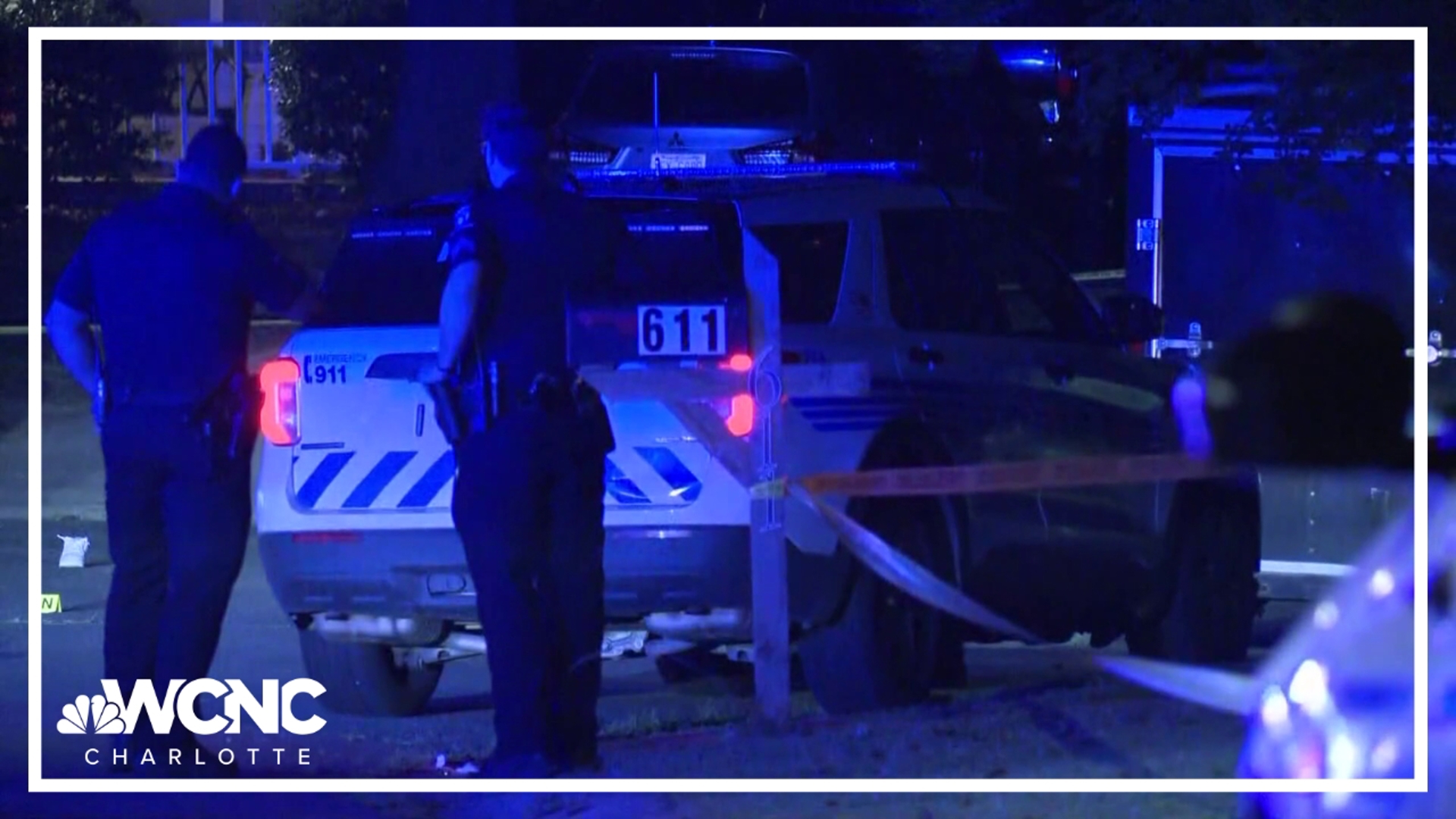RALEIGH, N.C. — North Carolina House lawmakers on Wednesday approved legislation that would automatically send 16- and 17-year-olds who commit violent crimes straight to adult court.
The changes would rework some bipartisan juvenile justice reforms that took effect over four years ago addressing 16- and 17-year-old offenders.
The House voted 71-33 to accept changes made last month by the Republican-controlled Senate — with the support of a lobbying group representing elected local prosecutors — to what is known as the “Raise the Age” law.
Until 2019, North Carolina was the only state in the country to still automatically charge all 16- and 17-year-olds in adult court, even for the most minor criminal charges. Then, a Raise The Age law changed that by allowing those teenage offenders to be tried in juvenile court, while also leaving the option for particularly serious crimes to be moved up to adult court.
By trying them in juvenile court, the law aimed to help more young people avoid the stigma of having lifetime criminal records and provide services that reduce chances for recidivism.
Still, the law in its current form says that cases of 16- and 17-year-olds accused of the most serious felonies must be transferred to adult court after a notice of an indictment is handed up, or when a hearing determines there is probable cause a crime was committed. There are exceptions.
The language now heading to Democratic Gov. Roy Cooper's desk would end the transfer requirement for most of these high-grade felonies and simply place the cases of these youths in adult court right away.
"We need to put some of these kids behind bars because the seriousness of the crimes that they're committing is just escalating," Union County Republican Rep. David Willis said. "Raise the Age … it's fallen short of protecting our communities and it does very little to protect these kids.”
Bill supporters have argued the changes aren't rolling back “Raise the Age,” but are merely adjustments to reflect practical realities of the criminal justice system — juvenile-court cases for district attorneys are growing, and putting them in adult court to begin with will ease their loads.
But advocates for civil rights and the disabled said last month in committee that the changes are dismantling “Raise the Age” provisions and ultimately harm youthful offenders. Young people in the juvenile system can receive better access to youth-focused treatments before they return to their communities.
"I understand that people want to feel safe in the communities," Mecklenburg County Democratic Rep. Mary Belk said. "What I am telling them is that this bill purports to do that, but it does not do that and I think that we have to look at what are the reasons and how can we help truly be safer.”
Durham County Democratic Rep. Marcia Morey, a former juvenile court judge, urged colleagues not to accept the Senate's provisions. Morey said these young offenders should be treated uniformly based on their age, and not specifically on crimes.
“The system is working the way it should now,” Morey said. “Rolling back ‘Raise the Age’ with this bill by inventing a fiction of what a juvenile is based on a crime and not the age is the wrong way to go.” Two other former judges in the House also spoke against the Senate provisions.
The House member shepherding the bill, GOP Rep. Ted Davis of New Hanover County, didn't directly address the voices of opposition on the floor but said several groups and lawmakers were involved in crafting the language.
Cooper’s office didn’t immediately respond Wednesday to an email seeking comment on the bill heading to his desk. The governor can either sign the bill into law or veto it within 10 days of its receipt. Otherwise, it becomes law.
The bill also creates a new process whereby a case can be removed from Superior Court to juvenile court — with the adult records deleted — if the prosecutor and the defendant’s attorney agree to do so.
North Carolina had been the last state in which 16- and 17-year-olds were automatically prosecuted as adults when “Raise the Age” was implemented. These youths are still being tried in adult court for motor vehicle-related crimes.
Children ages 13 through 15 who are accused of first-degree murder still must be automatically transferred to juvenile court upon an indictment or hearing that finds probable cause.
The legislation will now head to Gov. Roy Cooper, who can sign, veto or let the bill pass without his signature. If it becomes law, it would go into effect on Dec. 1.
Listen to free podcasts from WCNC Charlotte
Flashpoint is a weekly in-depth look at politics in Charlotte, North Carolina, South Carolina, and beyond with host Ben Thompson. Listen to the podcast weekly.
SUBSCRIBE: Apple Podcasts || Spotify || Pandora || Google Podcasts || iHeart
Locked On is the leading podcast network for local sports and is owned by WCNC Charlotte's parent company TEGNA.
Listen to Locked On here.
WCNC Charlotte To Go is a daily news and weather podcast you can listen to so you can start your day with the team at WCNC Charlotte.
SUBSCRIBE: Apple Podcasts || Spotify || Pandora || TuneIn || Google Podcasts || iHeart
All of WCNC Charlotte's podcasts are free and available for both streaming and download. You can listen now on Android, iPhone, Amazon, and other internet-connected devices. Join us from North Carolina, South Carolina, or on the go anywhere.


